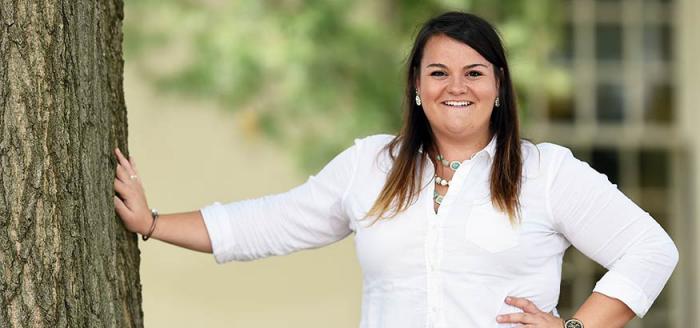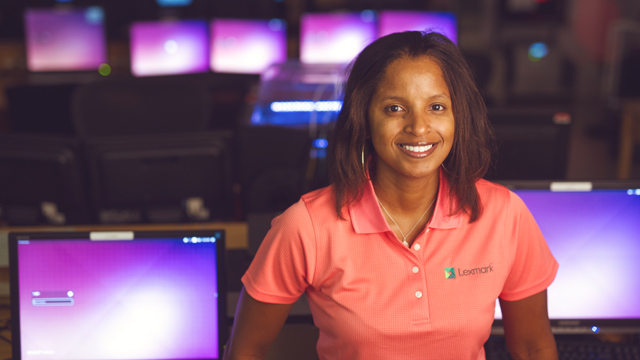Tristan Reynolds ’19 in conversation with Dr. Bethany Packard about her focus on the early modern period of English literature. Listen on Soundcloud Transcript SPEAKER: Welcome to another Campus Conversation– Discussions with Transylvania University Faculty, highlighting their interest, passions, and pursuits. Here is Tristan Reynolds. TRISTAN REYNOLDS: I’m here with Dr. Bethany Packard who is an English professor here at Transy, focusing on the early modern period of English language literature. What is that, exactly? BETHANY PACKARD: The early modern period and what people consider it to be can vary depending on your discipline. As I’ve, for example, if I were in French literature or history, I might extend the time period a little later. So in English literature, the early modern has come to be the standard term that’s used often for 16th and 17th century literature. It’s sort of become the replacement for the Renaissance. So before I entered graduate school, in the past, the more common term– and a term that’s still used quite a lot interchangeably with early modern– is Renaissance when you’re talking about the English Renaissance. Of course, the people who work on Italian and even some northern European folks might differ with that. But over time, that term has shifted. But if I were working in, like I said, something like French literature, I might extend that into the 18th century or I might extend it a little bit earlier. So it’s kind
Read “TransyPods: Interview with Dr. Bethany Packard”




